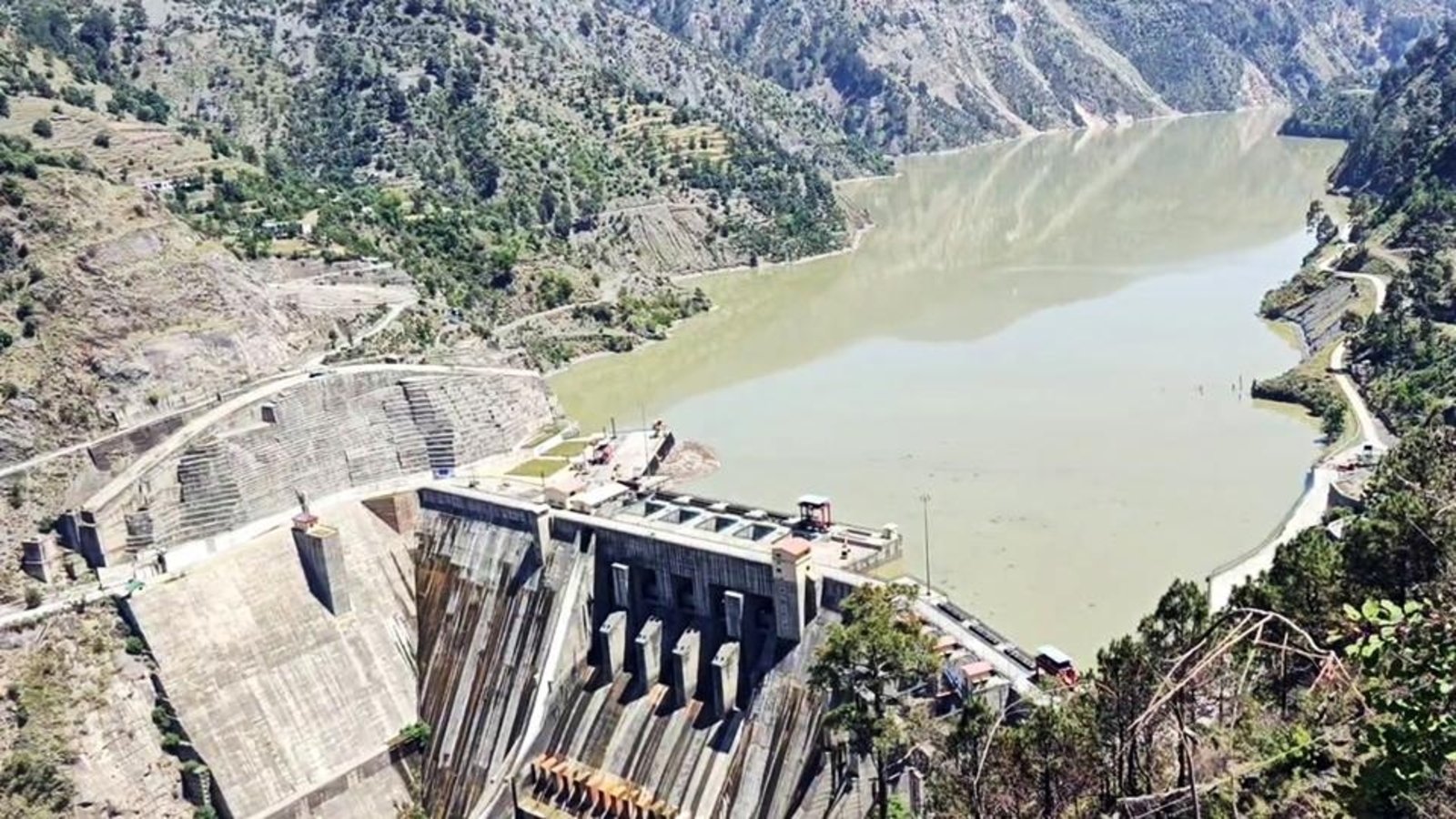In a significant strategic development, India has halted the flow of water through the Baglihar Dam on the Chenab River, marking a critical operationalization of its suspension of the Indus Waters Treaty (IWT) following a recent terror attack in Pahalgam, Jammu and Kashmir. This attack, which resulted in the deaths of 26 individuals, predominantly tourists, has elicited strong diplomatic and policy reactions from New Delhi.
A senior official who is well-acquainted with the situation has confirmed that this action is part of a broader framework being developed by the Indian government to assert its water rights while exerting pressure on Pakistan by controlling river flows. “We are now regulating water release timing through key hydroelectric dams such as Baglihar and are working on implementing similar measures at the Kishanganga Dam on the Jhelum,” the source revealed.
The Baglihar Dam, situated in Ramban district of Jammu, has long been a contentious issue between India and Pakistan. Constructed on the Chenab River—one of the western rivers designated to Pakistan under the 1960 treaty—the dam has previously faced scrutiny and legal arbitration from Islamabad. The Kishanganga Dam, located in northern Kashmir, which diverts water from the Neelum River (a tributary of the Jhelum), has also incited legal disputes over its downstream effects on territories administered by Pakistan.
The Indus Waters Treaty, established with the intervention of the World Bank in 1960, has managed to withstand multiple conflicts between India and Pakistan. However, India’s recent actions signify a notable departure from the treaty’s provisions, driven by concerns over Pakistan’s ongoing support for cross-border terrorism.
Indian officials indicate that the country is not unilaterally withdrawing from the treaty but rather suspending essential elements until Pakistan takes definitive measures to address terrorism. The Indian government is reportedly formulating a long-term strategy that seeks to institutionalize this shift, balancing national security requirements with international responsibilities.
As water diplomacy becomes increasingly pivotal in Indo-Pakistani relations, the coming weeks are likely to witness intensified regional and global scrutiny on how this developing situation unfolds.







